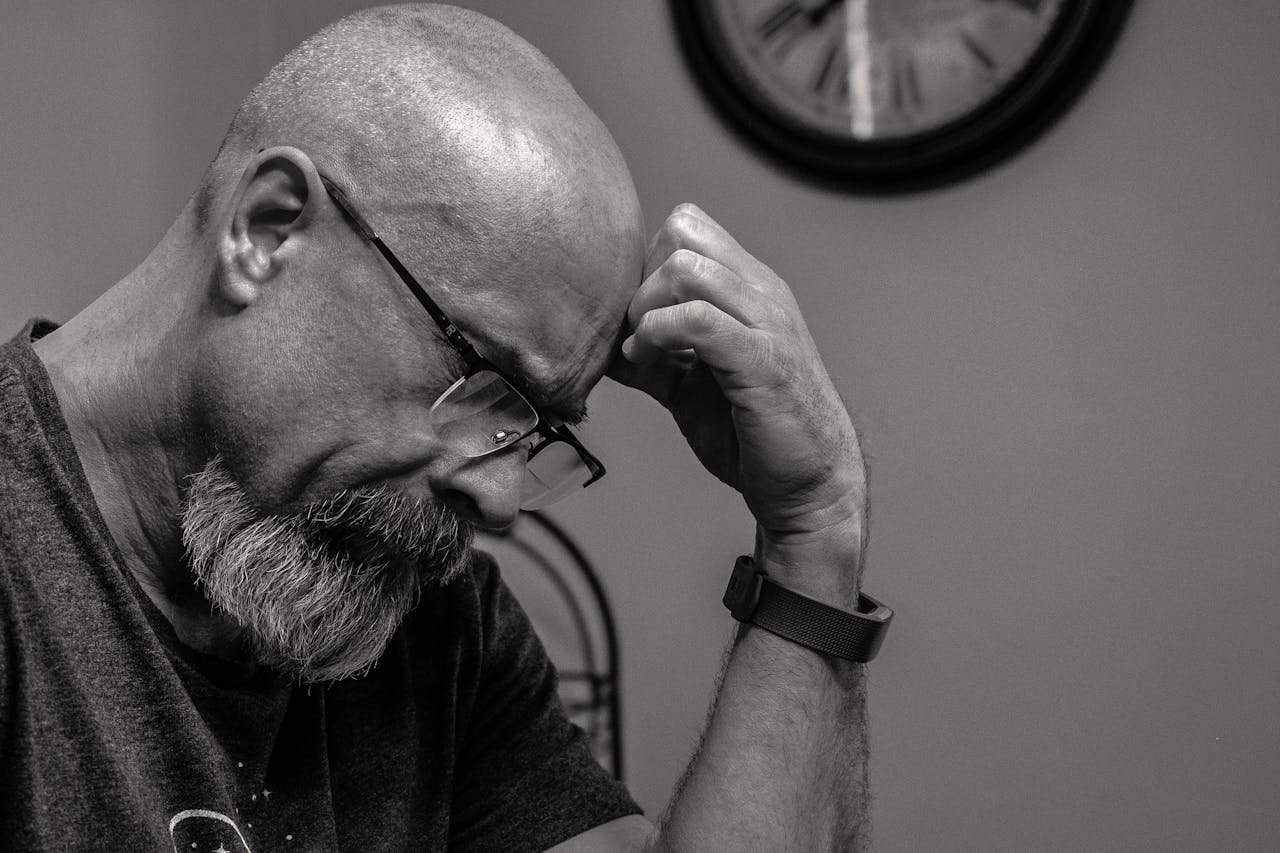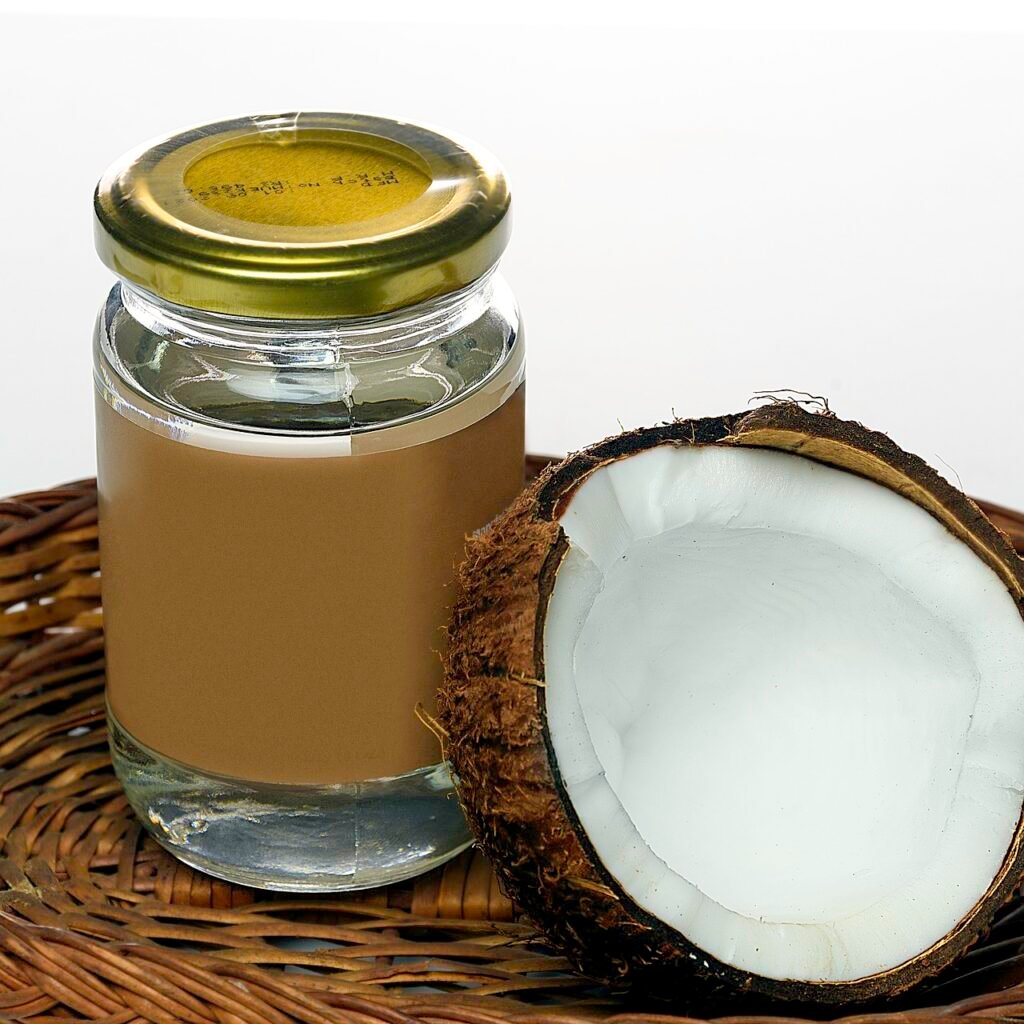Hair loss is a concern that many men face, especially as they age. If you’ve ever wondered, “does low testosterone cause hair loss?” you’re not alone. This question has been the subject of much debate and research over the years. While there are many factors that can lead to hair thinning or balding, the role of testosterone is particularly intriguing. In this post, we’ll dive into the connection between low testosterone levels and hair loss, examining whether this common hormonal imbalance might be the culprit behind your receding hairline.
Understanding Testosterone and Its Role
Testosterone is a vital hormone that plays a significant role in a variety of bodily functions. It’s responsible for muscle growth, energy levels, and, importantly, hair growth. However, when testosterone levels drop, the effects can be widespread. Some men notice changes in their mood, muscle mass, and even their hair. But does low testosterone cause hair loss, or is it just a myth?
Does Low Testosterone Cause Hair Loss?
The simple answer is that low testosterone can contribute to hair loss, but it’s not the only factor. Hair loss in men, particularly male pattern baldness, is primarily driven by genetics and the hormone dihydrotestosterone (DHT), a byproduct of testosterone. DHT is known to shrink hair follicles, making it difficult for hair to grow. Therefore, while low testosterone might influence your hair, it’s the conversion of testosterone to DHT that plays a more significant role in hair loss.
The Link Between Low Testosterone and DHT
Low testosterone doesn’t directly cause hair loss, but it can impact the balance of other hormones, including DHT. For instance, when testosterone levels decrease, the body might convert more of it into DHT, potentially accelerating hair loss. This complex interplay is why some men with low testosterone experience thinning hair, while others do not. It’s important to note that other factors, such as stress, diet, and overall health, also contribute to hair loss.
Signs of Low Testosterone
Understanding whether low testosterone is a factor in your hair loss involves recognizing other symptoms of low testosterone. These may include:
- Fatigue or low energy
- Reduced muscle mass
- Decreased libido
- Mood swings or depression
If you’re experiencing these symptoms along with hair thinning, it’s worth consulting with a healthcare professional. A blood test can confirm whether low testosterone is contributing to your hair loss and help you explore treatment options.
Can Boosting Testosterone Help with Hair Loss?
Many men wonder if increasing testosterone levels can reverse hair loss. Unfortunately, boosting testosterone isn’t a guaranteed solution for regrowing hair. Since DHT is more closely linked to hair loss than testosterone itself, raising your testosterone levels could potentially increase DHT, worsening the problem. Treatments that block DHT or protect hair follicles from its effects, such as finasteride or minoxidil, are often more effective for combating hair loss.
Other Factors That Influence Hair Loss
While low testosterone is a contributing factor, it’s essential to remember that hair loss is often caused by a combination of elements. Genetics, age, lifestyle choices, and even your diet can all impact hair health. For example, poor nutrition or high-stress levels can exacerbate hair loss, regardless of your testosterone levels. By addressing these broader health factors, you may improve both your overall well-being and the condition of your hair.
Conclusion: The Real Connection Between Low Testosterone and Hair Loss
So, does low testosterone cause hair loss? While it can play a role, it’s not the primary driver. The relationship between testosterone, DHT, and hair loss is complex, and genetics often has the final say. If you’re concerned about thinning hair, consider speaking with a healthcare provider. They can help you determine the root cause and recommend treatments that best suit your needs. Remember, a holistic approach that considers both hormone levels and overall health is key to maintaining a full head of hair.
Disclaimer: The information provided on this blog is for general informational purposes only and is not intended as medical advice. Always consult with a qualified healthcare professional before making any decisions regarding your health or starting any new treatments. The content here should not be used to diagnose, treat, or prevent any medical condition. Additionally, please note that this blog is reader-supported. If you click on an affiliate link or advertisement and make a purchase, we may receive a commission at no extra cost to you. This helps us maintain the site and continue providing valuable content.




